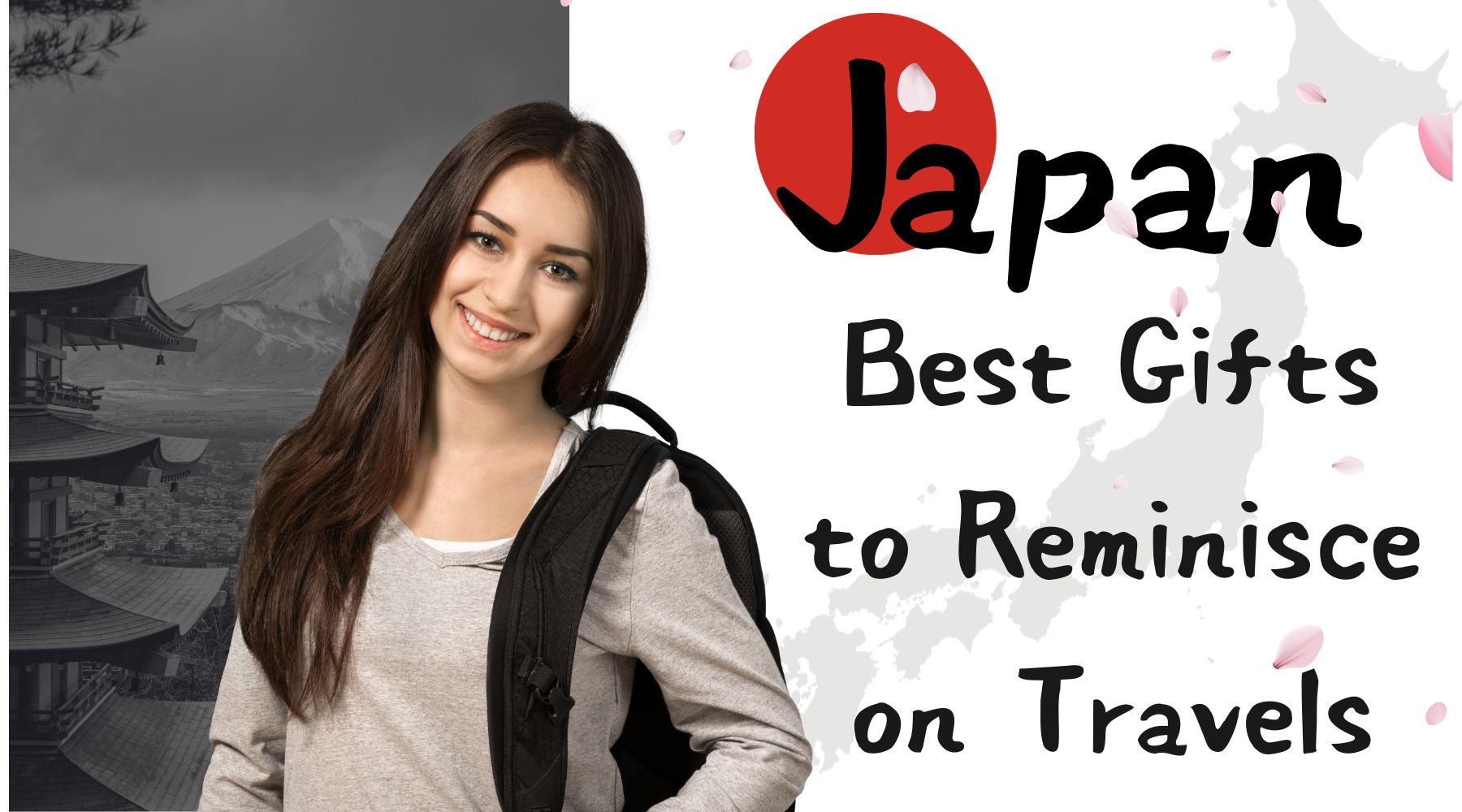For the bookworms among us (or if you need gift ideas for bookworms in your life) who love to decorate shelves with unique mementos of lands traveled, we want more than decorative novelty chopsticks, Maneki cat dolls, and green tea sets. Those are terrific Japanese crafts for adults, but for authentic souvenirs that really capture the essence of Japanese culture, there’s so much more.
Discover 10 of the Best Mementos from Japan’s Cities and Islands
1. Ant Farms
Take inspiration from Yukinori Yanagi, the artist renowned for the World Flag Ant Farm display at the Chichu Art Museum, Naoshima. which is one of five ‘art islands’ of Japan. Just the wall of flags alone is picturesque to look at, but when you look closer at the squiggly lines running through the flags, you’ll see that they’re designed entirely of colored sand and that they’re actually ant farms. You might not make a World Flag Ant Farm, but you can easily create a miniature terrarium or any type of glass enclosure with creative designs that’d look splendid atop a bookshelf.
2. Volcano Dioramas

3. Japanese Masks

Japanese masks are popular in traditional Japanese theater, folklore, and at festivals. There’s all different types, each conveying different emotions and with stories behind them. Some are believed to ward off spirits, some are anchored in the ancient history of Japanese mythology, and others are just comical. Like the Tengu mask that’s said to have started as a representation of a bird, that’s since evolved to a human with a long pointed nose like the beak of a bird. Other masks are designed to be functional, such as Kendo masks and Samurai masks, neither of which would look out of place on a shelf with a couple of swords hung on display as wall decor.
4. Sumo figures

Just the thought of Sumo wrestlers conjures images of Japan. Sumo wrestling is the countries most beloved sport. Every year, there’s 6 big tournaments, of which, three of those are held in Tokyo. If you’re after something reminiscent of Tokyo that truly captures the spirit of the region, go with a Tokyo Alley book nook that’s further complimented by a miniature sumo figurine placed beside it on your shelf.
5. City Specific Book Nook Kits
Book nooks are tiny time capsules to capture the cultural norms of countries around the globe. Everything from the street signs, the lighting, lanterns, animals, table dressings in restaurants and cafes, right through to the trashcans in alleys and graffiti wall art. It’s all miniaturized, then crafted into a 3D puzzle ready to be built and displayed where you’ll can remember the trip like it was yesterday. In our guide to DIY book nook kits, we take you through everything you need to know to build your own book nook.6. Shisa Statues

Cross a lion with a dog and you get Shisa. The guardian dog of Okinawa. it's a cultural artifact of the Ryukyuan people believed to ward off some evil spirits. These are often in pairs making them terrific for bookends on your shelves. One's female, the other male. In Okinawan mythology, the general consensus is said that the female is the Shisa statue with the mouth closed, believed to keep in good spirits. The male is open-mouthed and that's believed to ward off evil spirits.
7. Wa-Rosoku
Wa is the word for Japanese. Rosoku in Japanese means candle. These are sought after around the globe, but in Japan, there are only 18 traditional Rosoku makers left. Two of those are in Okazaki. What makes them so distinct is not just the shape, but the larger flame these candles throw because they are made with a bigger wick that’s made entirely out of hand-threaded washi paper. The wax used is plant-based traditionally using the outer shell of nuts from the Japanese sumac tree. As a gift, these start out plain without decorative patterns. Warosoku painting is a hobby craft involving using natural dyes, and distinctive floral patterns. The painted candles are decorative pieces that’s unlikely to be burned.8. Magewappa

No trip to Odate in the Akita Prefecture would be complete without experiencing the culinary delight of food served in a magewappa - a wooden lunch box. Odate is blesed with the ripe conditions to grow quality cedar trees. Local artisans have put that to terrific use with the practice of wood bending. A unique craft in itself. The result is a sense-tingling experience enhanced by the wooden aroma. In terms of design, these are practical to use as wooden lunch boxes, but as shelf decor, they're the perfect base for planting succulents.
9. Ryukyu glassware

The old name for Okinawa is Ryukya, and the traditional craft of glass making is unique to the region. Glass workers have been hand-crafting glassware since 1900. Post WW2 though is when the distinct bubbles were introduced. Before that, bubbles were considered defects. Today, bubbles are the unique characteristic of Ryukyu glassware.
Traditionally, these were made from recycled glass. With the rise of plastics, techniques have had to change. Today, Ryukyu glass is made with a mix of raw materials including silica sand, lime, and soda ash. In Okinawan cuisine, Ryukyu glasses are used to serve awamori - a distilled rice liquor. As decor, the unique colors of the island portrayed in the glasses can be enhanced by placing these on a rotating display stand with LED lights.




Share:
Top 7 Japanese Crafts for Adults to Reduce Screen Time
10 of the Best Creative Hobbies that Really Are TECH-FREE